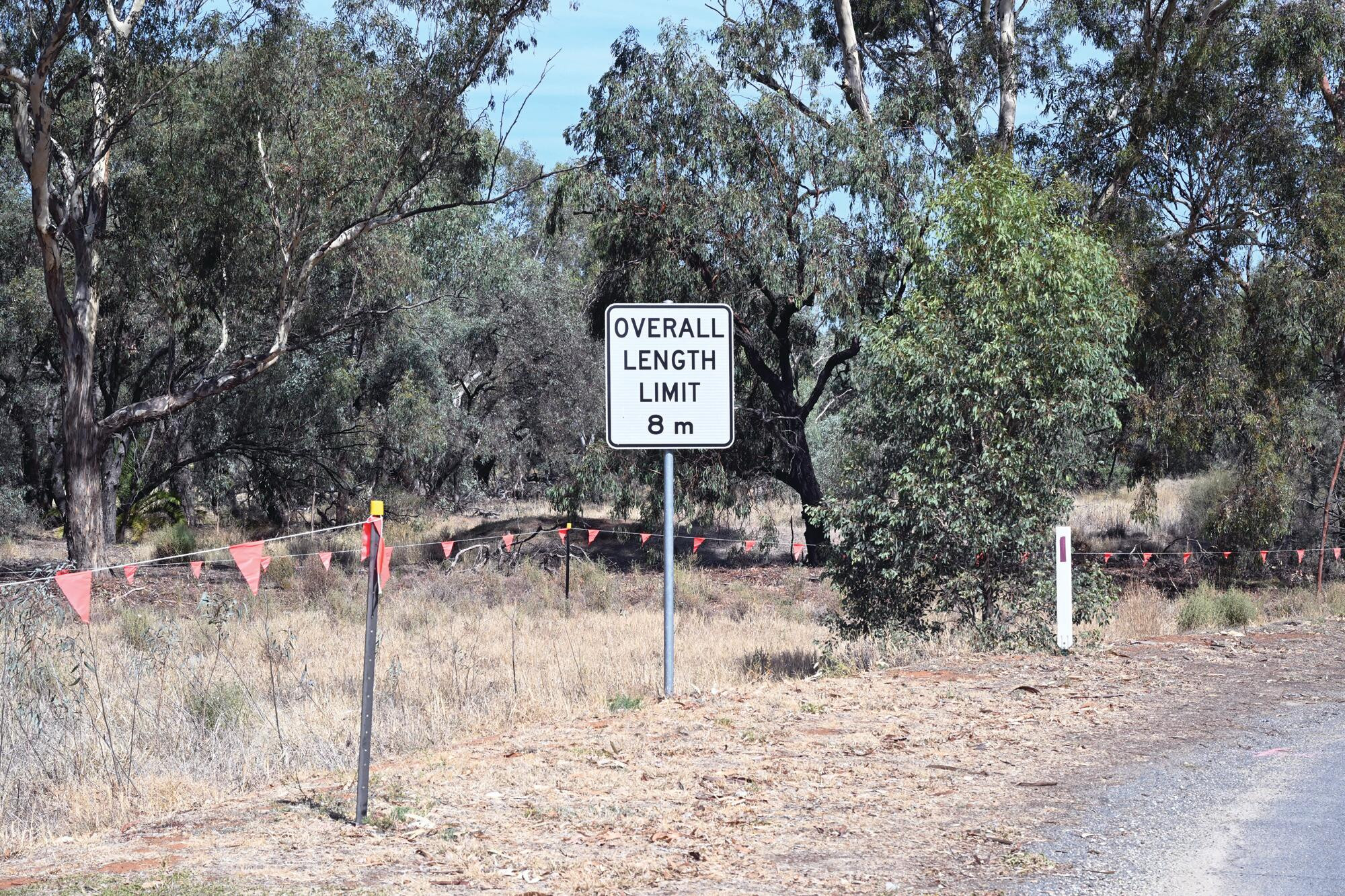Agriculture
22 April, 2025
Letters to the editor: Levee bank, energy
Levee bank question Sir, Thank you for the very enlightening article about the Boort levee bank project (Loddon Herald, April 10). It is inexcusable that Indigenous approval delayed the project by three years as protection from flooding the township...

Levee bank question
Sir, Thank you for the very enlightening article about the Boort levee bank project (Loddon Herald, April 10). It is inexcusable that Indigenous approval delayed the project by three years as protection from flooding the township should have a priority
I am interested to know what the Aboriginal Corporation is proposing with the community benefit fee of $40000, how much and what works are envisaged with this money which will benefit the Boort community.?
David Wright
Bendigo (Boort resident
1969-1977)
Gap in energy talk
Sir, The discussion around decarboniSing the economy is gaining momentum, with the LNP exploring nuclear power stations and Labor focusing on offshore wind and green hydrogen.
However, there is a noticeable gap in these discussions that needs to be addressed. Transitioning towards a more sustainable future entails significant considerations.
The CSIRO’s GenCost report shed light on the levelized cost of energy (LCOE) for various technologies, highlighting that solar PV and onshore wind offer cost-effective energy generation options. Currently, solar and wind energy firming costs range from $100-$140 MWh, with projections indicating a decline to $90-$120 per MWH by 2030.
To support this transition, reforms are essential to plan for future renewable projects and establish transmission infrastructure to accommodate our growing population. It is crucial to ensure fair compensation for rural and regional communities hosting transmission developments.
Public ownership of poles and wires can facilitate government-led investments, paving the way for renewable energy zones. Mr Corbell, CEO of the Clean Energy Investor Group, emphasizes the need for governments to enact laws that enable zero-carob electricity generation, energy storage, and transmission infrastructure development.
To achieve these goals, incentivizing battery storage across households and businesses nationwide can alleviate grid stress caused by intermittent solar power.
Establishing federal programs for distributed and storage in schools, government housing, alongside re-nationalizing poles and wires through transparent processes, are crucial stages.
Additionally, prioritising transmission upgrades, avoiding excessive grid investments, adequately compensating landowners who host transmission lines, and ensuring reliable dispatchable generation sources as coal plants phase out are vital strategies. As a country, we must invest in long-duration storage technology, which is key to shaping Australia’s energy future.
Carly Noble
Senate candidate,
Australian Democrats